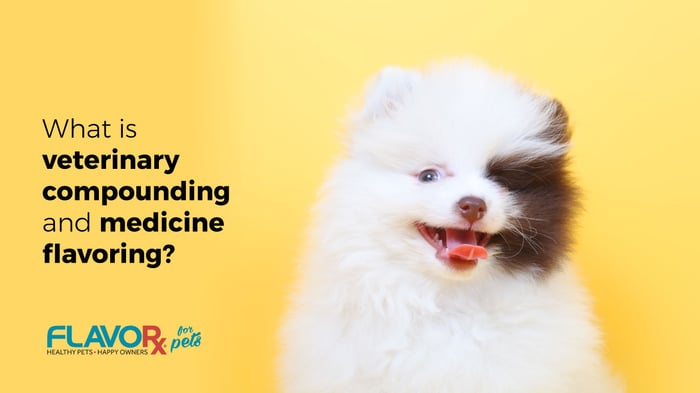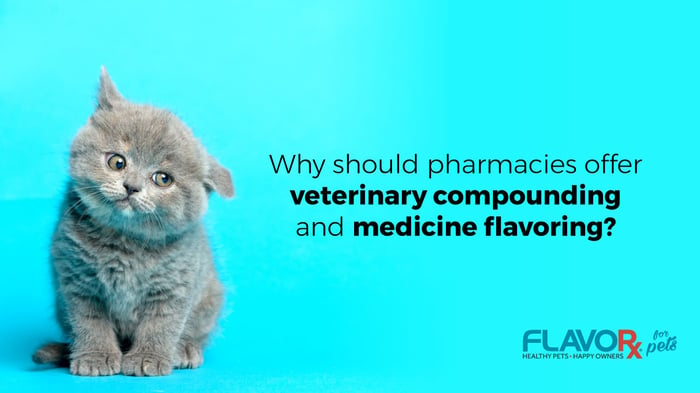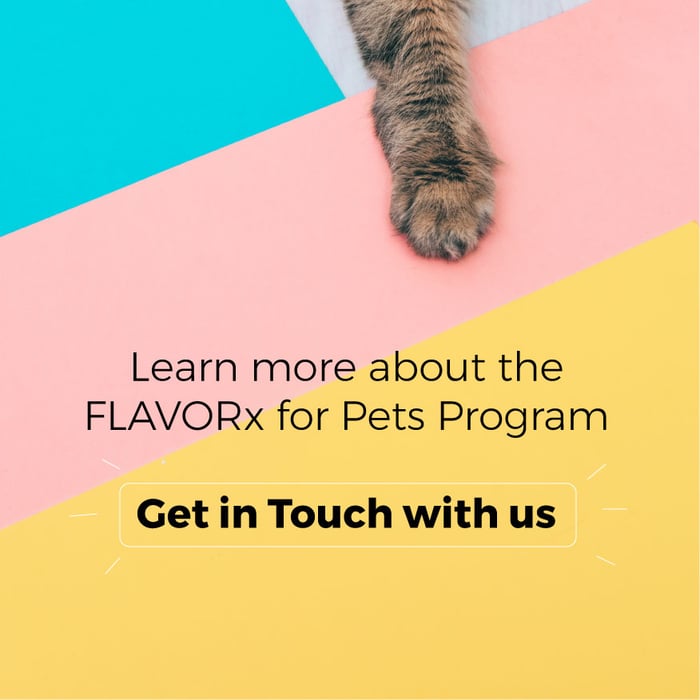
The veterinary medicine market is booming.
Pet owners spent an estimated $72 billion on their pets in 2018, $15.5 billion of which was spent on medication for their furry family members.
Retail pharmacies can capture a share of this profitable market by offering veterinary compounding and medicine flavoring.
“It’s safe to say that 65 to 70 percent of the patients [pharmacies] are currently filling scripts for probably have a pet at home,” said Chris Cielewich, Vice President of FLAVORx. “If they’re not getting their prescription from you, then that’s an opportunity to grow your business.”
Sarah Henderson, a Certified Pharmacy Technician who has spent 18 years working in both chain and independent retail pharmacies, believes veterinary medicine is an excellent way for pharmacies to build relationships with their customers.
“I love getting to know the little things about my customers, such as their birthdays or the names of their children or grandchildren,” said Mrs. Henderson. “I even know their pets’ names because they’ve become regulars!”
Sometimes the medication needed to treat animal patients isn’t available in the required form.
Just as pharmacies use compounding to customize medications to the specific needs of their human patients, so too can veterinarians and pharmacists compound prescriptions to fit the unique needs of their animal patients.
For example, a pet pharmacist or veterinarian may add flavoring to make the medication more palatable, combine medications to produce the most effective dosage or alter the form of a drug to be more easily administered.
Veterinary medicine brings in more than revenue for pharmacies - it generates profit.
Beyond the noticeable boost to a pharmacy’s bottom line, filling veterinary prescriptions is another way to demonstrate customer care.
“My feline patients love the tuna-flavor,” said Mrs. Henderson. “Their owners appreciate [FLAVORx] too because in the past I’ve used fish flavoring from a different company and the smell was revolting.”
Pharmacies should consider compounding as a way to break into veterinary medicine. Many veterinarians can fill prescriptions for their animal patients within their clinic. But few veterinarians offer medicine compounding as a service to their patients, as it is often too expensive and requires advanced technical knowledge.
For that reason, a compounding pharmacist is an ideal partner for veterinarians.
“Local veterinarians see the writing on the wall that it’s a competitive market for the dispensing portion of their business,” said Mr. Cielewich. “They’d prefer to partner with a local business like an independent pharmacy rather than losing that business to a mail order operation.”





